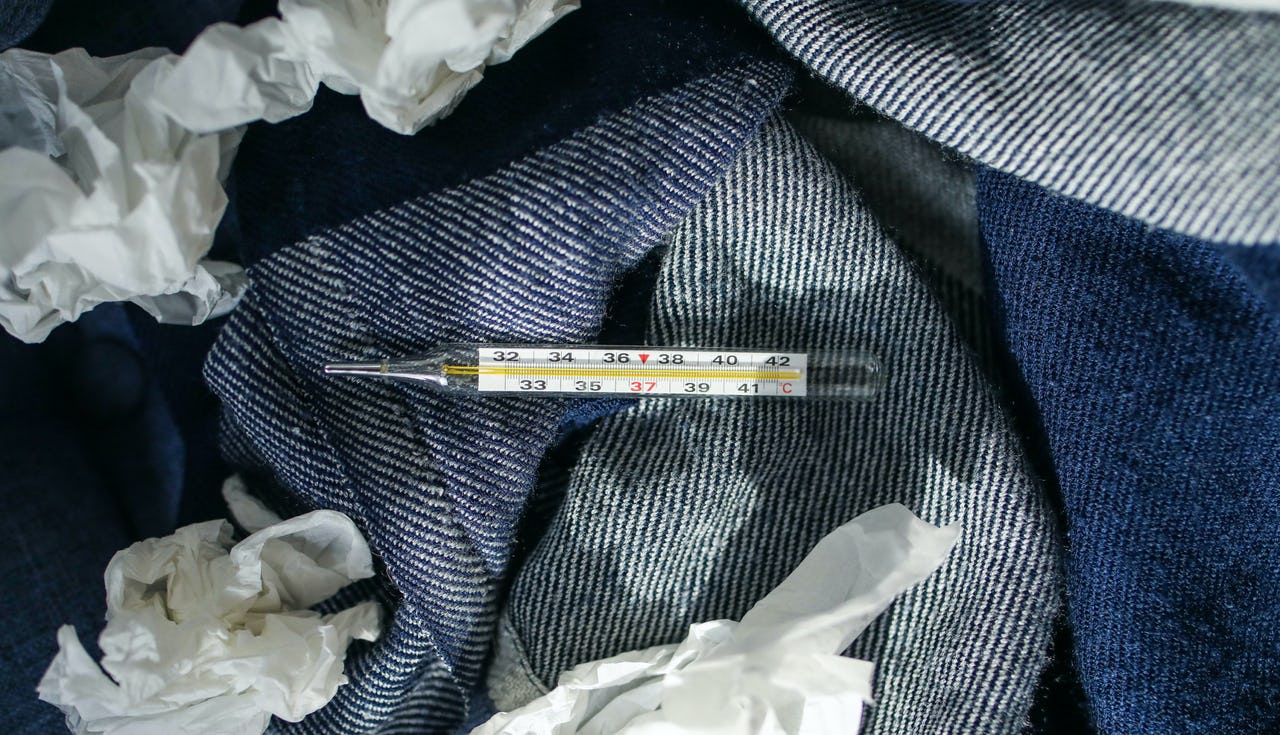COVID-19 in the Arctic: Final Remarks

The coronavirus (COVID-19) pandemic has caused significant social and economic harms and a dramatic loss of human life worldwide. Photo: Polina Tankilevitch
In recent weeks, The Arctic Institute’s COVID-19 series has explored the ways in which the outbreak of the coronavirus pandemic has challenged everyday life in various parts of the Arctic region since the early 2020. We hope that the series has provided food for thought about possibilities and potential on the development of regional cooperation to prepare for future pandemics and beyond.
Impacts of the COVID-19 pandemic in the Arctic region
As the articles of the series demonstrate, there is no cohesive Arctic response to the coronavirus pandemic but many alternative efforts to mitigate the social and economic harms caused by the prolonged pandemic. National policies vary significantly amongst the eight Arctic states: while the Nordic countries have adopted quite similar approaches to the pandemic, Russia has not issued a strong federal coronavirus policy. Against this backdrop, it is hardly surprising that there is no coordinated governance model for the Arctic communities to cope with the pandemic either.
In addition to political differences, one of the key reasons for the lack of coordinated response to COVID-19 among the Arctic states is presumably that the negative impacts of the pandemic are not evenly distributed in the region. Unsurprisingly, due to numerous historical inequalities, Indigenous peoples are some of the most vulnerable groups that face the adverse impacts of the coronavirus pandemic. In the most remote parts of the Arctic region, the pandemic has exacerbated many existing difficulties, such as the administration of justice and problems related to fly-in-fly-out workers of the large-scale economic projects.
Many sectors of Arctic economic development have also faced difficulties, including Arctic oil and gas exploration. Arctic research has been halted, and the work of Search and Rescue authorities and Coast Guards has become more challenging.At the same time, the outbreak of COVID-19 pandemic has initiated new types of cooperation and innovative solutions in the Arctic. An online mental health service called the “Psicólogos Brasileiros Online” (Brazilian Psychologists Online) developed by Brazilians living in the Arctic offers a very interesting and important case of such innovative developments.
Back to normal or a new normal?
As vaccinations have begun around the world, including the Inuit region of Arctic Quebec, Greenland, and Alaska, there is hope that every-day life and activities will resume soon. As for Arctic diplomacy, the Arctic Council’s Senior Arctic Officials (SAO) meeting in April and ministerial meeting in May are planned to take place as live meetings in Reykjavik, Iceland.
While certainly most of us hope that things go back to normal, it should not mean that we go right back to fossil fuel intensive practices and lifestyles. As the International Federation of the Red Cross and Red Crescent Societies reminds us, “Climate change is an even more significant threat to humanity than the COVID-19 pandemic”.
The Arctic Institute’s COVID-19 series did not address the parallels between the coronavirus and climate crisis: a topic that certainly requires particular attention from the Arctic states and stakeholders. As we know, climate change has proceeded very fast in the Arctic. Last year, NASA reported that the “Arctic sea ice cover shrank to the second lowest extent since modern record-keeping began in the late 1970s”. As governments around the world, including those of the eight Arctic states, are busy planning and implementing post-COVID-19 economic recovery plans, they must commit themselves to green recovery. Without adjusting to a new low-carbon normal, we are sleepwalking into a new crisis: climate emergency, which will be much more difficult to overcome than the COVID-19 pandemic. And there will be no vaccine against climate change.